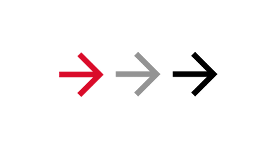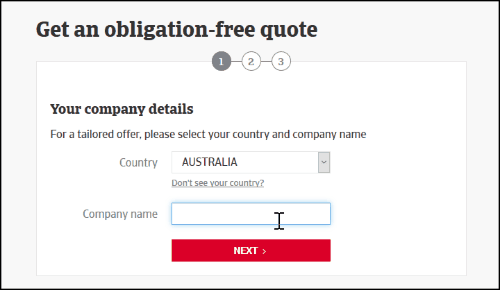You need both diplomacy and expertise in collections to maintain your business relationships. |

|
|
|
Asking your customers to pay what they owe you is perfectly reasonable as long as you have tact, establish effective communication, and don't make the following mistakes. |
1. Wait too long before talking to your customers about their debts |
|

|
That's why you should contact your customers right away when they default on payments.
There shouldn't be any hesitation in requesting them to honour their commitments.
|
2. Not prepare for interactions with your customers |

|

|
You should prepare at least the following before making contact with each customer; |
-
The unpaid invoices' unique numbers and due dates. You can email your customer the invoices again to prevent them from making excuses, such as they didn't receive the invoices, lost them, or forgot about them.
-
The customer's payment history. If they're new customers, inform them about your credit policy and collections if you haven't so that they know your stand on late payment. If they pay late for the first time, find out what caused the change so that you can correct it. If they've paid late multiple times, check how their previous debts were settled and whether their payment practice has changed over time.
-
Your collections activity so far. Have you contacted the customer before? Has a new agreement been reached? Has the customer honoured the agreement? Each of your collections attempts needs to reflect what has been done and what you want to be the next step. This does not only help you make progress, but also deter your customer from using the same stalling tactics again.
3. Ignore the reasons behind the late payments |

|
To make sure that your customers state the real reasons behind their late payments, consider asking two types of questions;
-
Questions about minor problems that can be solved quickly. For example: Is the invoice correct? Can you use the payment methods we offer? Do you have all the necessary information to pay us?
-
Questions about major problems that require negotiations. For example: Are you happy with the goods or services provided? When and how do you want to make the payment? Are there any other problems that hinder you in paying us?

|
It's important to listen to your customers instead of making assumptions about them. |
4. Become emotional or give in to your customers' emotions |

|
5. Leave your customers' commitments to chance |

|
Throughout the collections process, you should make it crystal clear that paying late is unacceptable and that you are determined to recover the debts as soon as possible.
- Have a written agreement for every next step. Whether it's setting a new payment deadline or arranging a payment plan, have your customers confirm that in writing. These written agreements form the basis for all your collections activity afterwards.
- Set deadlines for everything. Once you both agree on what the next step is, you should also write down when it'll happen and when to follow up. This gives your customers fewer chances to stall.
- Contact your customers as soon as the deadlines pass or as they break any agreements. If you don't do this, each day you wait is another day your customers get away without paying you, while thinking that you don't have a problem with it.
6. Not plan one step ahead |

|
7. Not use debt collections agencies |
With Atradius Collections, you can use the online service to:
-
Know right away how much it costs to collect your outstanding invoices. Get a free quote here.
-
Have a team of professional collectors around the world support you
-
See real-time updates on the collections progress

Engaging a debt collections agency not only benefits your cash flow, but also saves you from most of the anxious and difficult moments of collecting debts from your customers. It's the reinforcement of accounts receivable you need to stay in business and make for healthy relationships with your customers.

